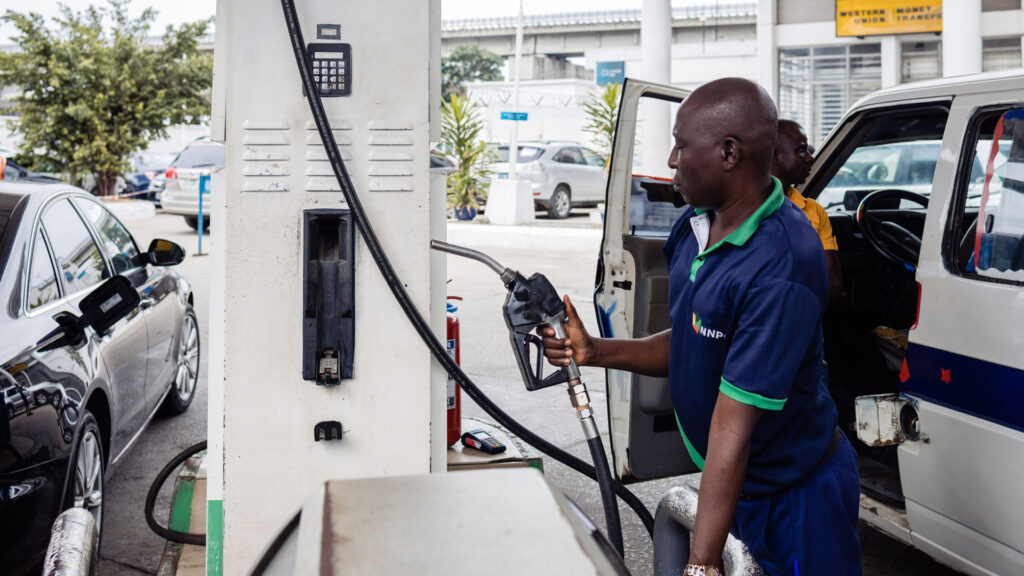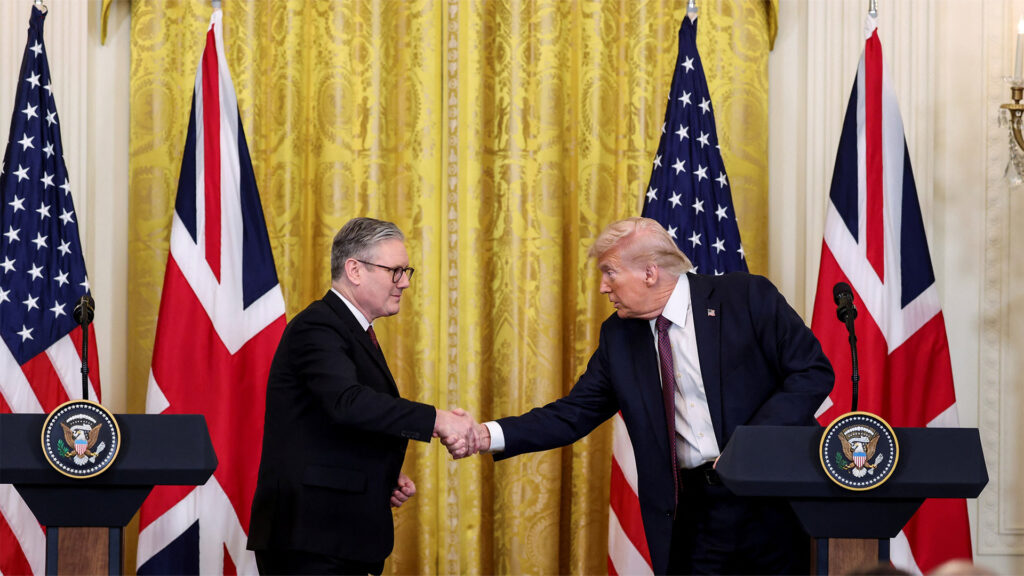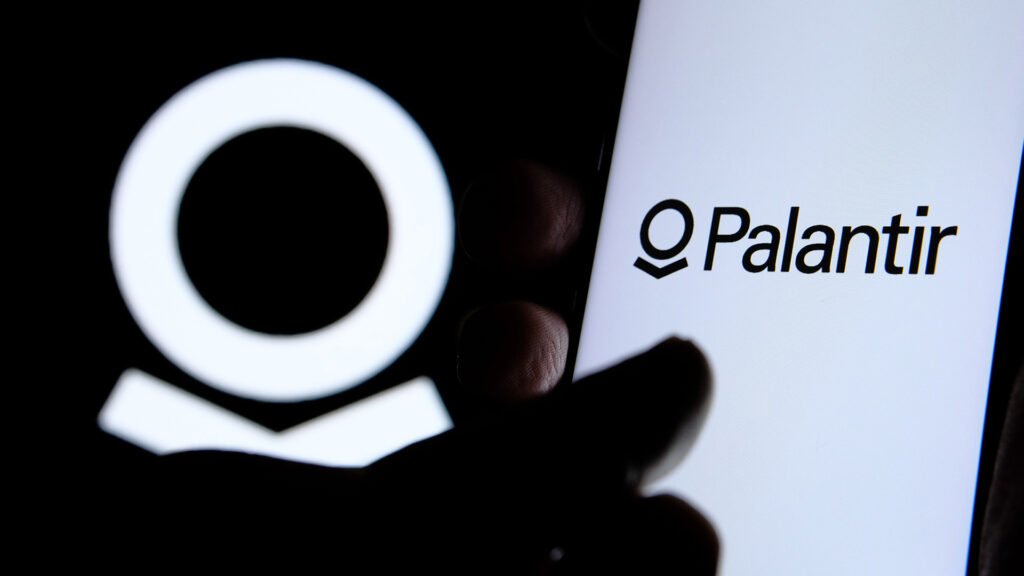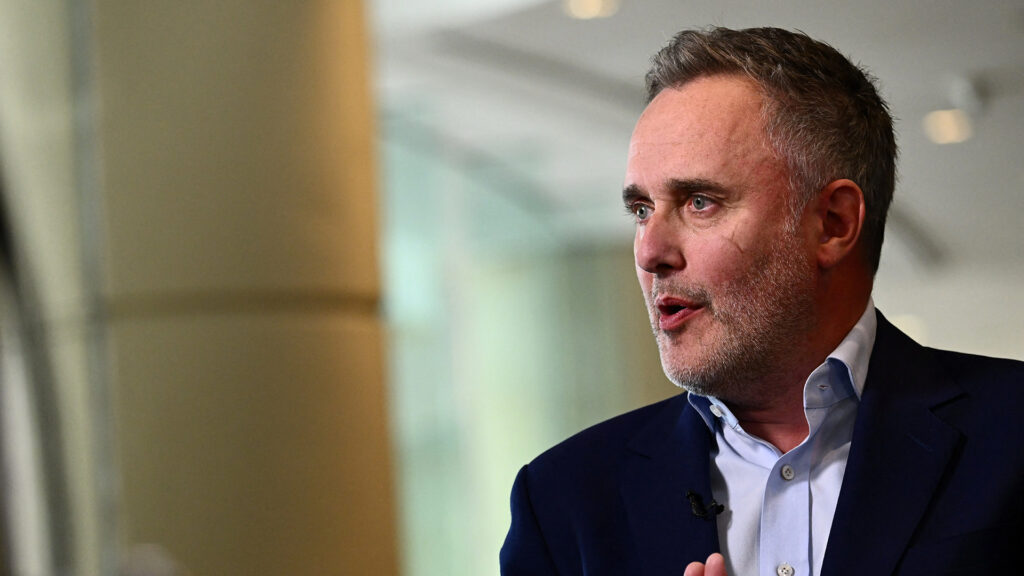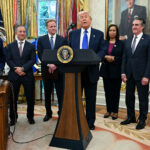Nigeria, Africa’s largest oil producer, finds itself in a precarious position as its debt to gasoline suppliers has ballooned to over $6 billion, doubling since early April. This financial strain stems from the state oil firm NNPC’s efforts to bridge the gap between fixed pump prices and soaring international fuel costs.
The Subsidy Conundrum: Political Pressure vs. Economic Reality
President Bola Tinubu’s administration initially moved to end the costly fuel subsidies last year, allowing pump prices to triple. However, facing public backlash amid rising living costs, NNPC reimposed a price cap.
This decision, coupled with a sharp devaluation of the naira, has effectively reinstated the subsidy system, with the government projecting a $3.7 billion subsidy bill for 2023.
Global Context: The Subsidy Dilemma in Emerging Markets
Nigeria’s struggle with fuel subsidies is not unique. Across Africa and beyond, governments are grappling with the challenge of balancing economic reforms with social stability:
- Kenya recently canceled planned tax hikes following deadly riots
- Senegal’s energy subsidy bill remains high at 3.3% of GDP
- Egypt and Angola are also attempting to phase out subsidies to improve state finances
Supply Chain Disruptions: Traders Reaching Their Limits
The mounting debt is causing ripples through Nigeria’s fuel supply chain:
- At least two suppliers have ceased participation in recent tenders, having hit self-imposed debt exposure limits
- Late payments to suppliers now range between $4-5 billion
- NNPC’s July gasoline imports via tender have dropped to 850,000 tonnes, down from the typical 1 million tonnes
Industry Insight: Credit Risk Management in Commodity Trading
Commodity traders, while accustomed to operating in high-risk environments, implement strict credit limits to manage exposure. The current situation in Nigeria is testing these risk management strategies, potentially leading to a tightening of supply.
Domestic Implications: The Return of Fuel Queues
The supply chain disruptions are already manifesting on the ground, with fresh fuel queues forming in Lagos this week. This development threatens to exacerbate the already challenging economic conditions faced by Nigerian citizens.
The Paradox of an Oil-Rich Nation Importing Fuel
Despite being Africa’s largest oil exporter, Nigeria imports virtually all its fuel due to years of neglect of its state-owned refineries. The recently opened Dangote refinery, while promising, has yet to produce marketable gasoline and is currently selling other fuels abroad.
Financial Maneuvers: NNPC’s Quest for Liquidity
To address its liquidity crunch, NNPC has taken several steps:
- Mortgaging much of its spot oil cargoes, limiting cash-generating assets
- Securing a record $3.3 billion oil-backed loan from Afreximbank and a consortium of traders in late 2023
Looking Ahead: Balancing Act for Nigeria’s Economy
As Nigeria navigates this complex landscape, the government faces the challenging task of balancing fiscal responsibility with social stability. The outcome of this fuel subsidy dilemma will have far-reaching implications for Nigeria’s economy, its citizens, and its standing in the global oil market.
The situation underscores the urgent need for structural reforms in Nigeria’s energy sector and highlights the broader challenges faced by resource-rich nations in managing their natural wealth for sustainable economic development.
